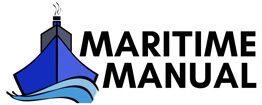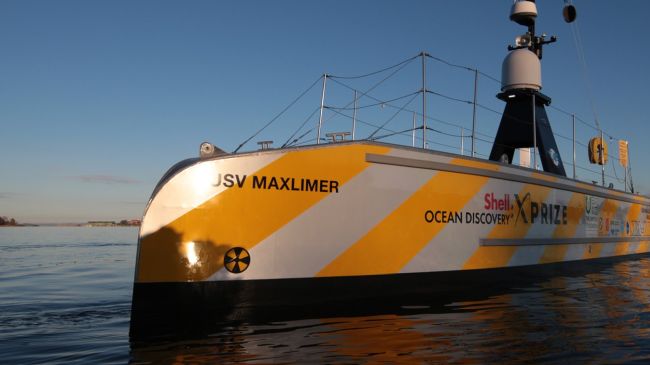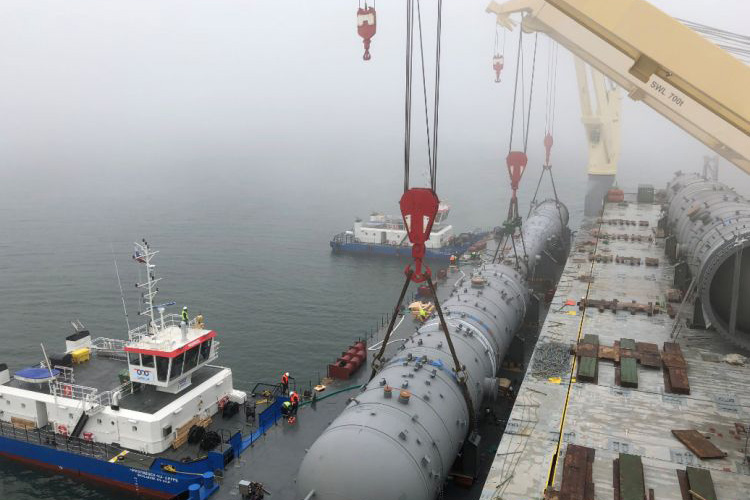Maritime Connectivity Platform Consortium Launched Towards 4th Industrial Revolution In Maritime Sector

On the 8th of February 2019, the Maritime Connectivity Platform Consortium (MCC) was established with a signature ceremony at the ‘e-navigation underway international 2019’ conference.
The Maritime Connectivity Platform (MCP) is an open source technology for the digital maritime domain. It brings common internet standards to maritime navigation and transportation systems. MCP enables infrastructures for efficient, secure, reliable and seamless electronic information exchange among maritime stakeholders using available communication systems. MCP is an open and vendor-neutral technology.
The MCP has been evolving for a number of years: around 2015, the development escalated significantly, when three large projects collaborated on the common use and further development of technology. These were the ‘EfficienSea2’ and ‘STM Validation’ funded by the EU and the ‘SMART Navigation project’ funded by the Korean government. During these projects an MCP testbed was established which has now been running for several years. Nearly 100 organisations have signed up to the platform.
You may also be interested: Types Of Marine Navigation Instrument, Tools And Equipment Used Onboard Ships
The MCP itself addresses the goals of the e-navigation initiative of IMO, but the ambition is for the MCP to support digitalisation in the Maritime domain at large.
It relies on the Internet concept of Web Services with special services for identity management and service management supporting the IMO concept of Maritime Services. The MCP supports actors in the use of digital services to exchange public as well as private information. Potential commercial and non-commercial institutions can become providers of the MCP using their own instance of the MCP.
The MCC is established as a neutral and independent consortium of interested parties. It will act as coordinator for the provision of guidelines and standards. The MCC will adopt the open structure of the World Wide Web Consortium (W3C). Interested parties are encouraged to join MCC initiatives and bring their own visions and competencies.
The initial consortium in now established with the following non-commercial organization: OFFIS (Germany), KRISO (Republic of Korea), RISE (Sweden), the University of Copenhagen and the General Lighthouse Authorities of UK and Ireland (GLA). The Danish Maritime Authority (DMA), the Swedish Maritime Administration (SMA) and the Ministry of Ocean and Fisheries of the Republic of Korea (MOF) are joining as Governmental Observers.
SMA and MOF have expressed that “The MCP could become an important framework for digitalization of maritime sectors, for instance, e-Navigation, SMART shipping & maritime logistics, Sea Traffic Management (STM) and MASS (Maritime Autonomous Surface Ship)” with one voice.
Press Releases: di.ku.dk






